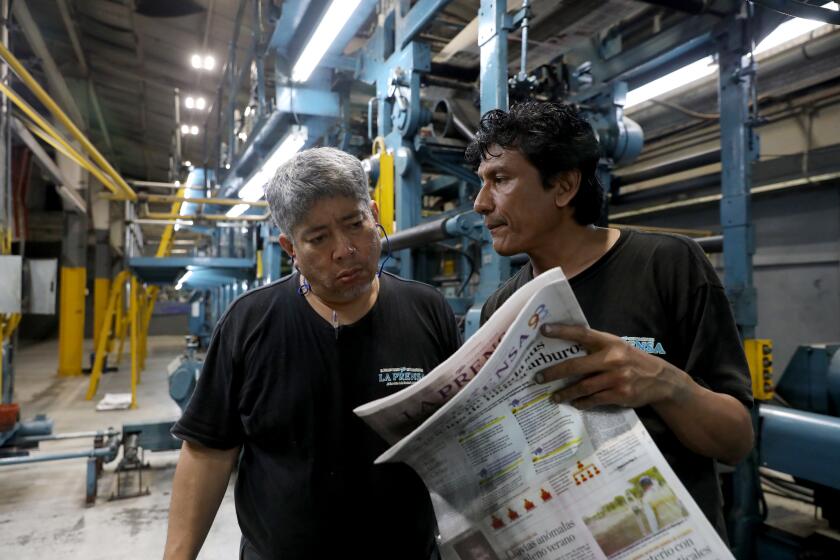Nicaragua did nothing to stop the coronavirus. Now one activist is fighting what he calls a COVID-19 cover-up
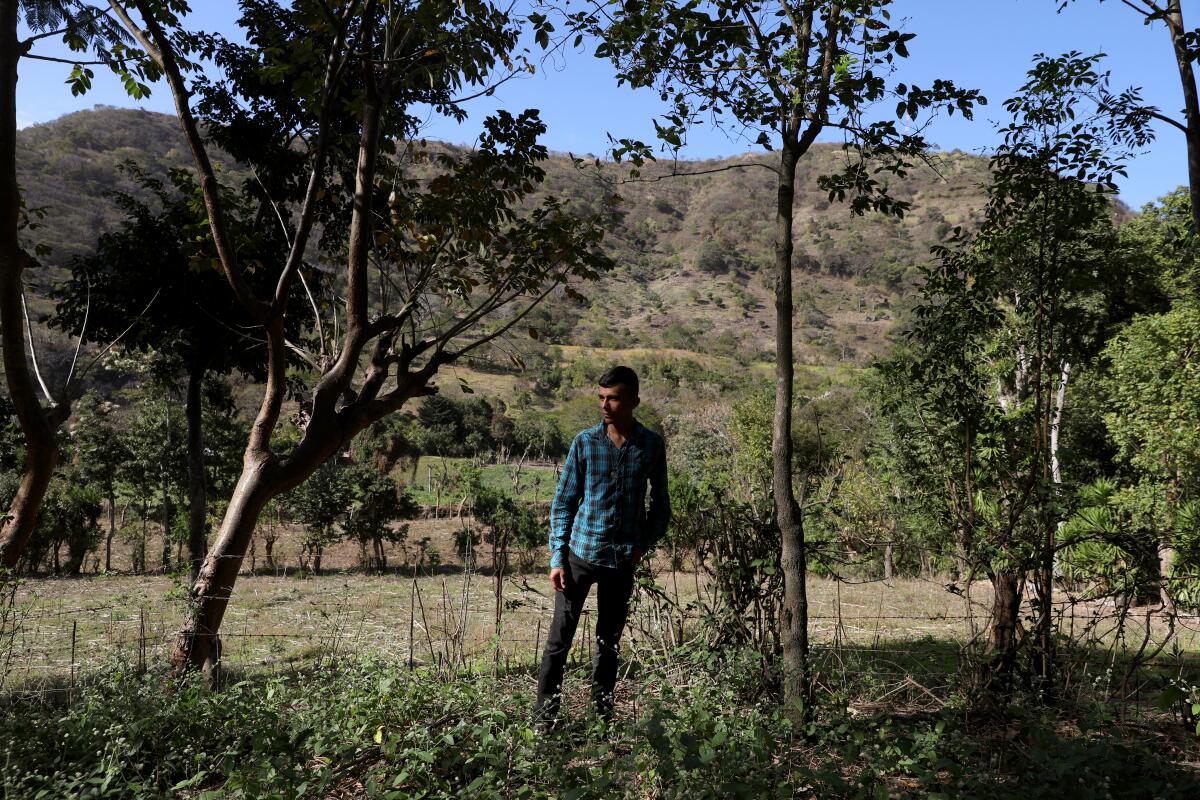
- Share via
MANAGUA, Nicaragua — As nations around the world locked down this spring to help contain the coronavirus, Nicaragua’s president assured his country there was nothing to worry about.
Schools and businesses remained open as Daniel Ortega encouraged residents to attend concerts, parades and sporting events.
“If the country stops working, it dies,” he said in a televised address in April.
Erlinton Flores Ortiz reached a different conclusion: The government was purposely undercounting infections and deaths, a cover-up that threatened to kill untold numbers of fellow citizens.
He and other anti-Ortega activists set out to expose it.
The activists had been fighting the government for more than a decade as Ortega turned to increasingly repressive measures to stifle his opponents and became the longest-serving leader in Latin America.
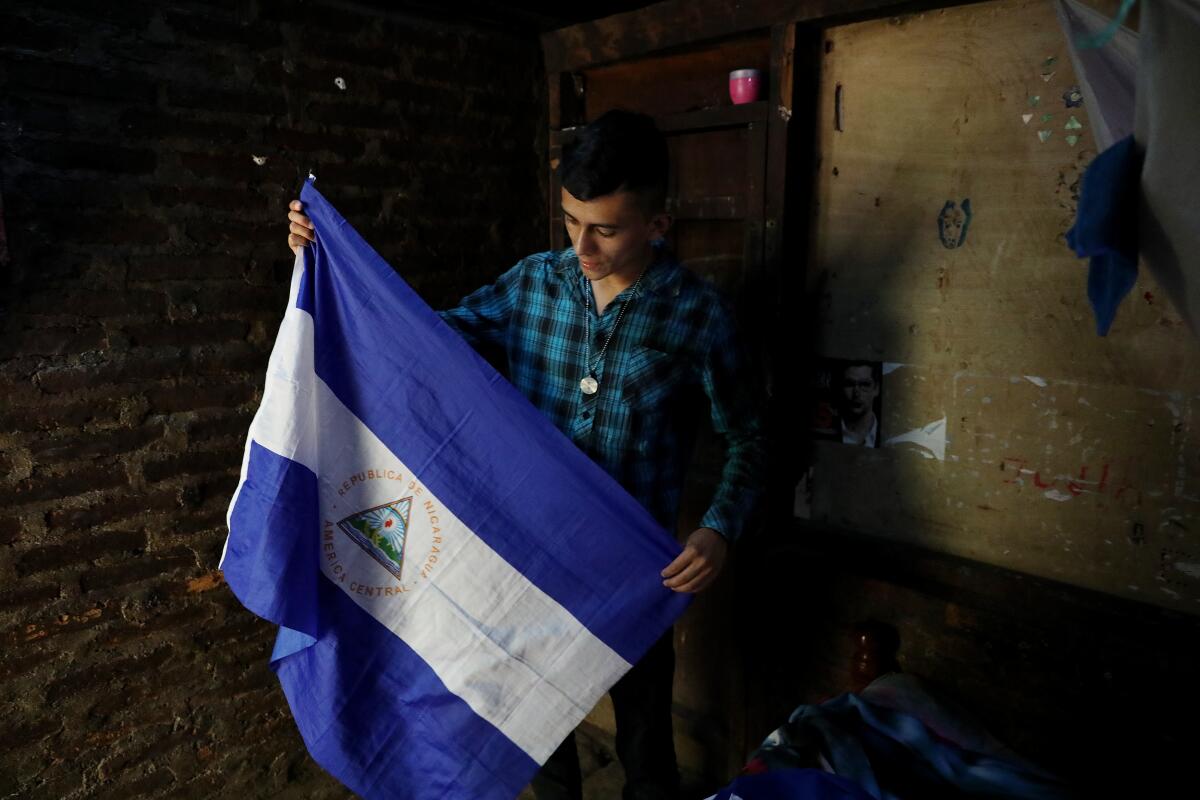
Flores was forced to go on the run after he helped lead pro-democracy protests in 2018 — and though he is just 27, he has already endured many hardships.
Now, from a safe house on the country’s volcano-studded Pacific coast — a location the Los Angeles Times agreed not to name — he wonders whether Ortega’s lackadaisical response to the pandemic might present an opportunity to foment a new mass uprising.
“I don’t know what’s going to happen,” Flores said. “But I know Nicaraguans deserve to know the truth.”A family split
This nation of 6.4 million is scarred with ideological battle lines, and they run right through the Flores family.
Some relatives on his mother’s side supported the Sandinistas, leftists revolutionaries who came to power in 1979 after toppling a right-wing dictator who was backed by the United States.
His father’s family worried that the revolutionaries might seize its farmland and sided with the Contras, the U.S.-armed rebels fighting the Sandinistas.
Flores, whose parents divorced when he was a boy, loved hearing stories about his dad’s life in the 1980s, when he dodged the Sandinistas’ enforced military conscription by fleeing to the mountains.
Like his father, he grew to hate Ortega, a former guerrilla commander who served as president during the 1980s, returned to power in 2007 and came to rule with a small group of loyalists and family members, including his wife, Rosario Murillo, whom he made vice president.
Nicaraguan President Daniel Ortega has carried out a war on the press, jailing journalists and closing news outlets. In a blow to the storied La Prensa newspaper, he barred delivery of newsprint and ink.
After high school, Flores enrolled in a university journalism program and hosted a radio program on which he established himself as a pariah of the state. He argued that Ortega had become a dictator just like the one he had helped overthrow decades earlier.
“We know where you live,” warned one of many threats made against Flores on social media.
“Prepare yourself to die,” warned another.
Shaken, Flores quit school and the radio program and went underground, quietly organizing with a small group of other activists.
In April 2018, when protests over social security cuts morphed into nationwide pro-democracy demonstrations, Flores draped himself in the blue and white Nicaraguan flag and led marchers through the streets.
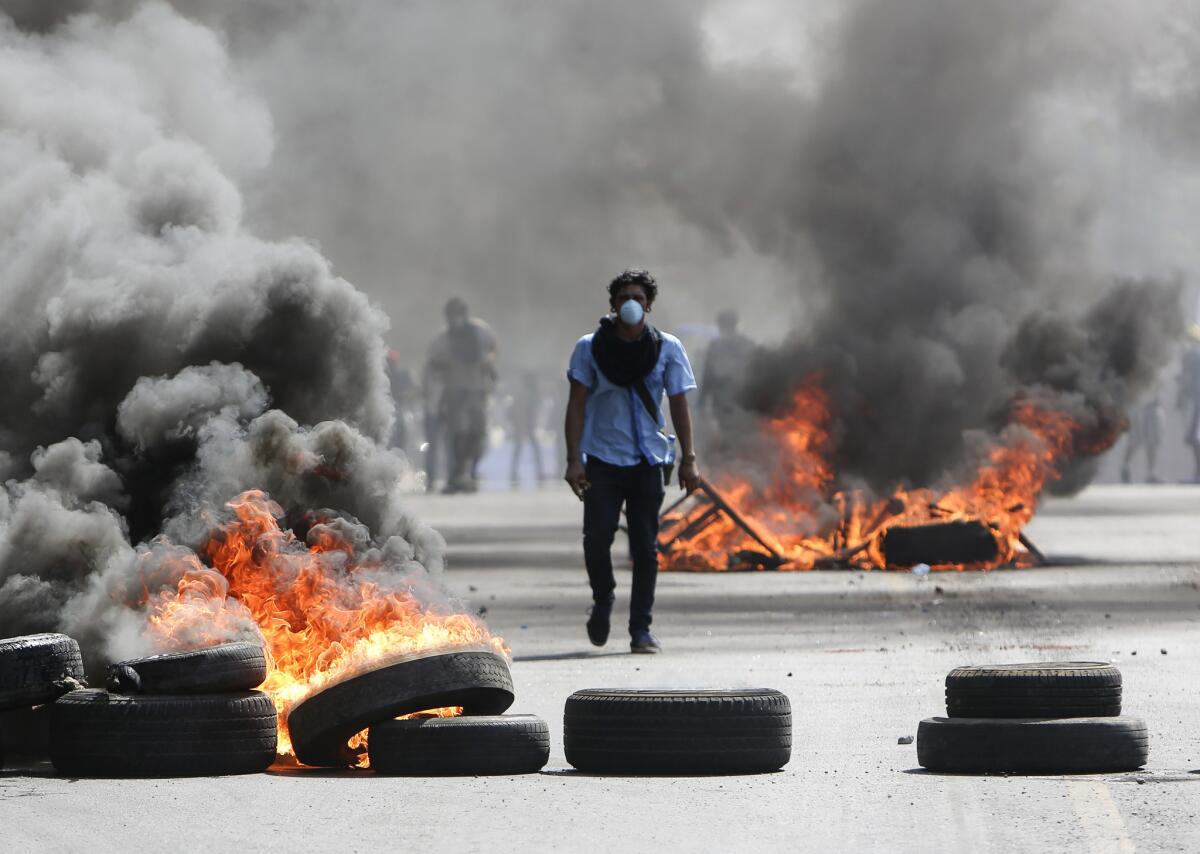
Police and pro-government militias used tear gas, rubber bullets and live rounds to subdue them. More than 300 people were killed, including three Flores saw die at a demonstration in the city of Matagalpa.
The government began tracking down protest organizers at their homes and placing them under arrest.
By the time police came to his father’s house looking for him, Flores had already fled to Costa Rica. He found a job as a gardener, but after six months came to believe his life was still in danger. Ortega had sent government agents to monitor the thousands of anti-government activists who had sought refuge there.
Flores decamped to Mexico, where he applied for political asylum. He was still waiting for an answer when an armed group kidnapped him and several other migrants traveling on a bus.
He was released a few days later and headed north to the United States. On Sept. 7, he turned himself in to U.S. border authorities in Eagle Pass, Texas, and asked for political asylum.
Flores spent the next three months in detention, where he compiled a 19-page document that he believed proved that he would face danger if he returned to Nicaragua.
The document included photos of him at protests and images of injuries he sustained after pro-government paramilitary groups broke up those protests. It also included a newspaper clipping detailing his protest activities.
But in a video hearing in late December, the judge did not ask him about his experience fighting the Ortega government, which top U.S. officials define as an authoritarian regime.
Instead, 10 minutes after the hearing began, the judge ordered him deported.
“If I go back, they’ll jail me or kill me or disappear me!” Flores cried out as a guard led him back to his cell.
The United States sent 2,240 people back to Nicaragua last fiscal year, many of them young activists like Flores who had participated in protests.
As his deportation flight descended toward a canopy of green trees and the sparkling waters of Lake Managua in January, Flores and the other Nicaraguans aboard began to sing “Que Vivan Los Estudiantes” or “Long Live the Students,” a song that had become a rallying cry for protesters.
Flores remembers thinking: “They’re sending us right back into the wolf’s mouth.”
From the airport, they were whisked immediately into police custody. Flores said officers interrogated him about his political beliefs and recorded a video in which he was forced to swear loyalty to the Nicaraguan government.
“Is imperialism a threat to humanity?” they asked.
“Yes,” he answered.
They released him. His father, who came to pick him up, sobbed as they embraced.
Flores had shed 20 pounds from his 5-foot-5 frame since fleeing the country and weighed just 100 pounds. His eyes, red from restless nights in detention, appeared to bug out of his face.
Instead of going to see his mother or his girlfriend and their young daughter, he went directly into hiding, moving every few weeks between homes of relatives. He didn’t have many friends left to visit. Most had left the country or gone into hiding themselves.
He had no appetite and couldn’t sleep. Every time a motorcycle roared by after dark, he worried it was paramilitary forces coming to get him.
His plan was to flee the country again as soon as he gathered documents from the nation’s human rights commission that showed that he faced imprisonment for leading anti-government protests.
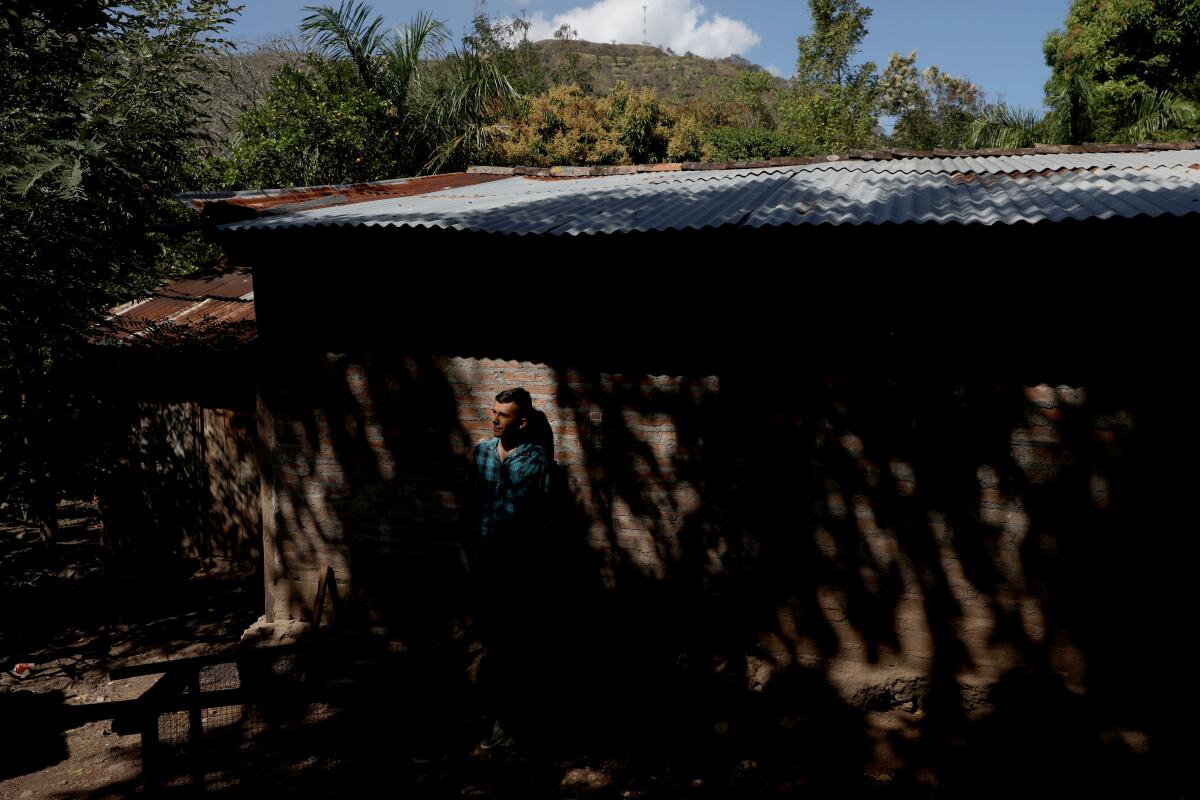
But while he was waiting for the paperwork, the coronavirus hit. Countries across Central America ordered sweeping lockdowns, leaving Flores unable to travel to Honduras in the north or Costa Rica in the south.
In Nicaragua, things were different.
Ortega claimed that the pandemic had spared the country and celebrated its destructive path through the United States — which has imposed economic sanctions against his government since 2018 — as a “sign from God” against American warmongering.
“These transnational forces that just want to take control of the planet, that is a sin,” he said in the April address.
For months, officials reported only a few dozen infections and a handful of deaths, although in recent days they have updated those numbers, reporting 2,359 confirmed cases of COVID-19 and 46 deaths.
The COVID-19 Citizen’s Observatory, a group formed by health workers and activists, counts at least 4,217 cases and 980 deaths.
Flores and other anti-government activists decided they had no choice but to fact-check the president’s claims and launch their own public-health campaign. “The virus obligated us to change strategies,” he said.
They circulated videos in which grief-stricken citizens explained that family members who showed COVID-19 symptoms were denied tests by doctors and later rushed to cemeteries for “express burials” held late at night.
They called on Nicaraguans to wear masks and wash their hands frequently and stop putting faith in a government that Flores says “cares more about the economy than the people.”
“Don’t be irresponsible like the government,” read one online image that Flores designed and disseminated online.
The campaign has been bolstered by testimonies from doctors and nurses about crowded hospitals and a statement from the Costa Rican government last month that dozens of Nicaraguan truck drivers had tested positive for the virus.
It seems to be having an effect. Some businesses shut down on their own. And many Nicaraguans, even supporters of the government, have begun wearing masks.
International human rights groups, including Amnesty International, have publicly chided Nicaragua for putting lives at risk. The Pan American Health Organization has repeatedly complained that it is unable to carry out an “external evaluation” of the impact of COVID-19 in Nicaragua because the country refuses to share data with the group.
The Nicaraguan government published a white paper last week in which it defended its decisions, comparing its approach to that of Sweden and saying every country should be allowed to dictate its own response to the pandemic.
Flores now finds himself dodging two threats: the coronavirus and the government.
He leaves the house only twice a month to buy groceries, and finds solace in a small garden outside the house where he planted lilies. They remind him of his father’s farm, where oranges and mint grow.
He hopes to return there one day, but isn’t sure if he will be able to. The only thing he knows for sure at this point is that the future is unknown.
More to Read
Sign up for Essential California
The most important California stories and recommendations in your inbox every morning.
You may occasionally receive promotional content from the Los Angeles Times.
